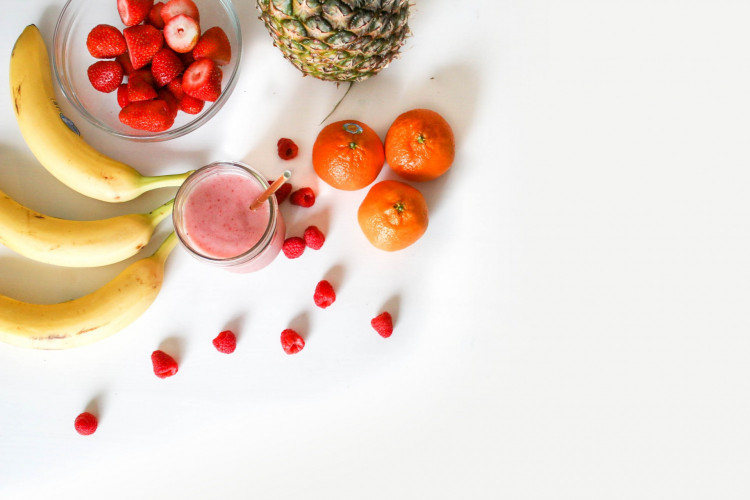The idea that treating your body with some extra TLC during your cycle to help make your symptoms feel a bit more manageable is not exactly breaking news. But you might not know that what you eat can make even more of a difference throughout your entire cycle, that is before you actually begin bleeding. That's because our diet has a direct impact on our hormonal balance, and things like cramping, mood swings, nausea, and bloating can be exacerbated by certain foods.
That means doubling down on the foods that support a happier period. Keep reading to learn exactly how your diet can make your periods better.
Eat healthy fats! To make the hormones fluctuate smoothly, your body needs fat. For healthy fat intake, avocados, nuts, and olive oil are a good option.
Adding sesame seeds that are rich in zinc as well as adding sunflower seeds to your smoothies, salads, or breakfast bowls with their high levels of vitamin E will help your body's progesterone development.
To combat bloating and bowel irritability, include fiber-rich fruits and nuts like almonds, apples, dates, peaches, and pears. These are ideal for serving as healthy snacks throughout the day. Opt for these instead of a bar of snickers.
Grains such as quinoa, buckwheat, or brown rice will provide additional assistance in keeping your body rid of excess estrogen, which is what your body normally wants to do during this process.
Go for roasted or fried vegetables such as cauliflower, broccoli, parsnip, radishes, celery, and cucumber with onion and garlic while selecting side dishes for your main meals.
Stay hydrated! Avoid sodas and sugary beverages and concentrate on sufficient water intake. Add fresh mint and ginger to make a healthy lemonade and drink peppermint or chamomile tea at night to calm your body and mind.
It can help keep your mood and your energy levels up by keeping your iron levels up. It can help with brain fog as well, so make sure your diet includes iron-rich foods such as nuts, beans, peas, red meat, and lentils. Reduce your caffeine intake as this decreases iron absorption. Here's a lengthy report on anemia and cycles, and how to keep the iron levels up during the time.
Reduce salt intake as much as possible (thus processing foods as they are usually very salty) because sodium increases water retention, which in turn makes you feel bloated.
Through a holistic approach, you will achieve the best results. Food is not the only thing that affects how the time and symptoms are perceived. Working through your menstrual cycle to help make your cycles smoother is about taking an all-round approach to it: a positive lifestyle of self-care, exercise, and proper diet are what can help you stay calm and good through every stage of your cycle.






